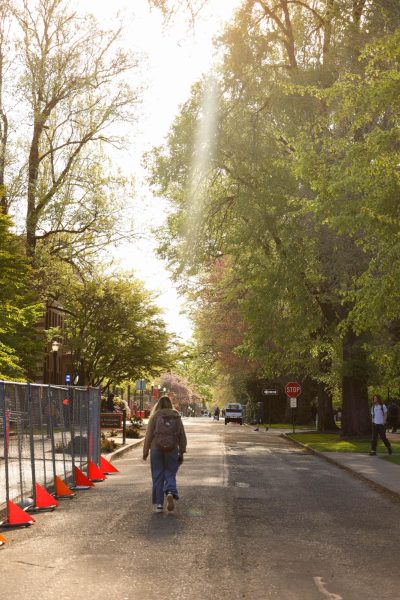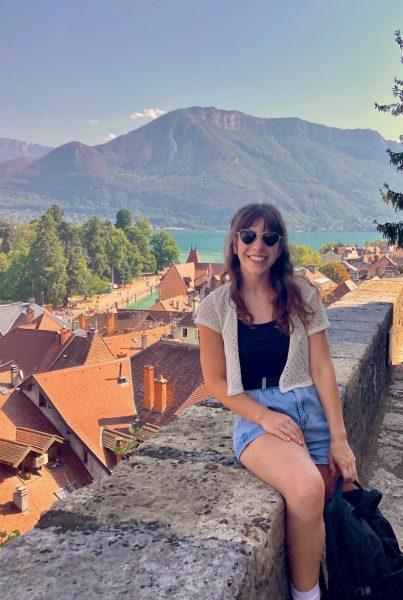Shea: Ignorance of current genocides resembles Holocaust
May 7, 2018
In 1942, American media officially broke the news of the mass murder of Jews taking place. The number was ticking up. In 2018, one can type into Google, “How many genocides are going on right now?” The answer? You should probably look for yourself.
The Holocaust is one of the most universally condemned events. It showcases the extremes of humanity’s ability to ignore horrific events, and is used as an example of a part of our history we must always remember, so as not to let it happen again. Sadly, it is happening again.
In fall 2017, there were 24,760 students enrolled at Oregon State University’s Corvallis campus. That August and September, according to Médecins Sans Frontières, Doctors Without Borders, approximately between 9,425 and 13,759 Rohingya died while fleeing persecution in Myanmar. At least 1,000 kids under the age of five died.
In one month, while thousands of young adults were moving into new apartments, picking up with sports and classes and partying, about half as many people were getting shot, burned and beaten.
History Professor Christopher McKnight Nichols, who directs the OSU Center for the Humanities, says that there is a xenophobia and demonization of the “other” at work in America, similar to sentiments during World War II.
The War Refugee Board, or a similar modern committee, needs to happen now.
“The War Refugee Board (WRB) was established at the beginning of 1944, even before D-DAY, and via an executive order,” Nichols said via email. “The very explicit aim was, in some ways, to make up for what formal US policy and the State Department did not do to help Jews and other refugees before the war and before US entry into the war. For example, sticking to restrictionist quota-based immigration, a bill to bring in 20,000 Jewish children from Germany did not even make it out of committee in Congress in 1939.”
It is unfair to ask anyone to care about and act on every cause. That would require a profusion of empathy. But to become aware of ethnic cleansing, as the euphemism goes, and permit the unease to slip into the luxury of dismissal is awful.
Kenneth Htet, a fourth-year from Myanmar who is studying cvil engineering, is very uneasy with the whole situation, but emphasizes that he is attempting to view it fairly.
“Before I start, let me please remind you that this is my personal opinion and my opinion only, and I am not an expert on this topic,” Htet said via email. “I do not stand against/for the Rohingya people, and I do not stand against/ for Myanmar people as well. I stand for justice, and everything I say is what I think is right according to my core values.”
Htet believes that although he has heard that there was initially some violence from the Rohingya people as well, the cycle of violence must stop.
“I truly empathize with the Rohingya people and I think the whole situation is unfair for them,” Htet said via email. “I think it is also worth mentioning that Myanmar citizens are not familiar with social justice education at all, and a lot of people in Myanmar are not open- minded people. Undoubtedly, this results in more hatred and heat towards the Rohingyas.”
There are people living their lives in abject terror and misery. The very least America can do is let them in. It falls upon us to petition lawmakers to create a special committee, and it is worthwhile to consider donating to reputable aid groups. We cannot forget them.





















































































































